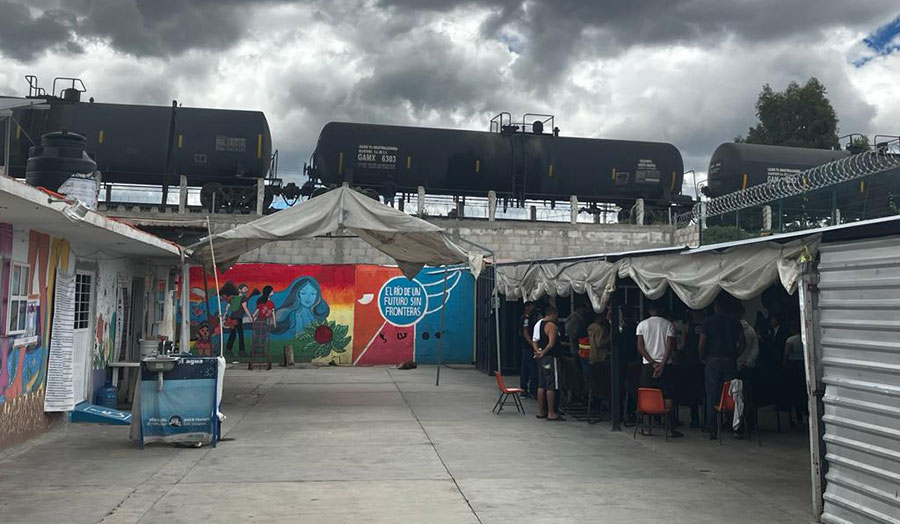November 2023
Mexico is experiencing a crisis of violence that affects both men and women. Although official data is scarce and often contradictory, international organisations such as Amnesty International (2013) report that up to six out of ten migrant women and girls in transit through Mexico suffer sexual and gender-based violence during their journey. The risk increases as these women are largely responsible for the safety of their children and other family members during the journey.
Violence against women in Mexico is the result of a complex and powerful machinery that operates at different levels and speeds, involving criminals, the police and the Mexican army (CMDPDH, 2021). The lack of a gender perspective in migration policies, the lack of government resources that guarantee the safety and well-being of migrant women, and the high level of tolerance and impunity to the violence against women are exploited by criminal actors, including their own partners/ex-partners who follow and threaten women along the route.
In November 2023, Prof. María López (London Metropolitan University) and Dr Alejandra Díaz (Essex University, UK) travelled to Mexico City to interview migrant women halfway through their journey through Mexico. Our aim was to gather original data on the situation of migrant women who were stacked up in a migrant shelter, waiting to be called by the authorities to see if they could enter the US. We learned first-hand about their experiences and fears, but also about their mechanisms of resistance to the structural violence that accompanies them throughout their journey. These testimonies showed us that the lack of a gender perspective in government policies and practices makes it more difficult for them to break the cycle of violence they are fleeing.
We also had the opportunity to hear first-hand about the main challenges faced by the shelter team in accompanying and supporting the most vulnerable migrant women and protecting them from the dangers they face in Mexico City.
This is the second phase of the project. The researchers are currently preparing to travel to Tijuana and San Diego in June, where they will conduct more interviews and present preliminary findings to a group of US-Mexico border policymakers associated with the University of California, San Diego (USA), which is funding the second part of this project.

Image: refugee shelter in Mexico City
Image credit: Dr Alejandra Díaz
Visit our other pages:
- Back to main page
